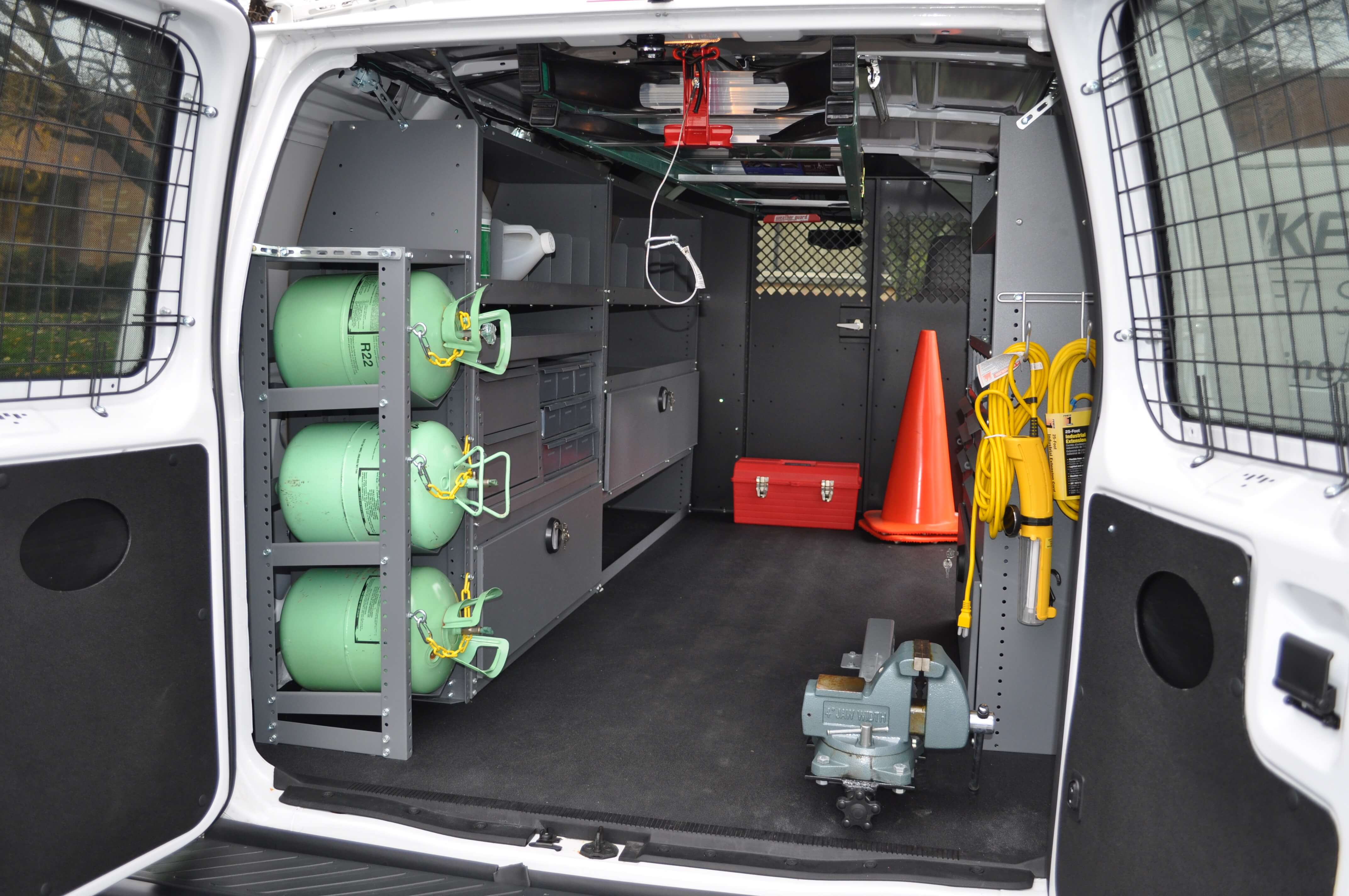Cost-Effective Maintenance Plans with DMAKS HVAC for Your HVAC System.
Cost-Effective Maintenance Plans with DMAKS HVAC for Your HVAC System.
Blog Article
Energy-Efficient Cooling And Heating Systems to Save Money On Utility Costs
As power prices continue to climb, the value of energy-efficient a/c systems ends up being progressively obvious. These systems not only guarantee considerable cost savings on energy expenses yet additionally add to a much more lasting future by decreasing energy intake. With various options readily available, consisting of geothermal heat pumps and ductless mini-splits, homeowner deal with a plethora of options that can boost comfort and air quality. Understanding the essential attributes and upkeep demands is essential to maximizing these benefits. What aspects should be focused on when selecting the right system for your demands?
Benefits of Energy-Efficient A/c Solutions
Energy-efficient Heating and cooling systems offer countless advantages that expand past simple cost financial savings. By taking in less power, these systems add to decrease greenhouse gas discharges, helping to battle environment modification and promote sustainability.
Furthermore, energy-efficient heating and cooling systems often provide enhanced comfort levels. Several of these systems include innovative innovation that permits far better temperature level control and improved air quality (DMAKS HVAC). This causes a healthier interior environment, which is particularly vital for individuals with allergic reactions or respiratory issues
Furthermore, purchasing energy-efficient a/c systems can improve residential property value. As even more customers prioritize energy effectiveness, homes and buildings equipped with these systems might attract greater proposals in the realty market.
Kinds of Energy-Efficient Cooling And Heating Options
Just how can homeowners and organizations select the most ideal energy-efficient cooling and heating choices for their demands? The marketplace uses a range of energy-efficient cooling and heating systems, each made to enhance convenience while minimizing power usage.
One alternative is the variable cooling agent circulation (VRF) system, which successfully manages the temperature in several areas within a building. This system adjusts its refrigerant circulation to match the desired temperature, causing substantial power financial savings.
Another preferred option is geothermal heatpump, which make use of the earth's stable temperature level to warmth and cool areas. By moving warmth to and from the ground, these systems demonstrate outstanding efficiency, particularly in modest environments.
In addition, ductless mini-split systems supply an energy-efficient alternative for homes doing not have ductwork. These systems enable zone-specific heating & cooling, minimizing energy waste in unoccupied locations.
Finally, high-efficiency furnaces and air conditioning unit, with sophisticated SEER and AFUE ratings, supply trustworthy environment control while consuming less energy than standard models. By reviewing these options, homeowners and businesses can pick a HVAC system tailored to their certain demands and power efficiency objectives.
Key Functions to Consider

Following, check out the kind of compressor utilized in the system. DMAKS HVAC. Variable-speed compressors can adjust their output to match the heating or cooling down demand, resulting in enhanced comfort and power cost savings contrasted to single-speed designs. Furthermore, seek systems furnished with smart thermostats that offer programmable settings and remote gain access to, allowing for better control over energy usage
An additional important feature is the system's air filtering ability. High-efficiency filters can boost indoor air top quality and lower energy consumption by guaranteeing the system runs effectively. Moreover, take into consideration the kind of cooling agent used; contemporary systems frequently employ green refrigerants that have a lower environmental impact.
Finally, guarantee that the system is compatible with zoning technology, which permits tailored temperature control in different locations of your home, boosting convenience while reducing energy use.
Tips for Choosing the Right System


Next, take into consideration power effectiveness ratings, particularly the Seasonal Energy Performance Proportion (SEER) for cooling systems and the Yearly Fuel Utilization Efficiency (AFUE) for furnace. these details Greater ratings show better effectiveness, which can result in significant financial savings on utility costs in time.
Furthermore, review the type of cooling and heating system that best matches your lifestyle and budget. Choices include central air, ductless mini-splits, and heatpump, each with its very own set of benefits and downsides.
Don't ignore the value of proper setup and sizing; an inaccurately sized system can result in inadequacies and increased wear. Consult with an expert Heating and cooling contractor to get professional referrals customized to your home's special needs. This thorough strategy will make sure that you pick an energy-efficient heating and cooling system that fulfills your needs and budget successfully.
Maintenance for Optimum Effectiveness
Once the best HVAC system is in area, continuous maintenance becomes essential to making sure optimum efficiency and longevity. A well-kept system operates better, resulting in lower power intake and lowered utility bills. Normal inspections and tune-ups must be arranged at the very least two times a year-- once before the air conditioning season and as soon as prior to the heating period.

Home owners should additionally be cautious regarding monitoring their HVAC system's efficiency. Unusual sounds, rising and fall temperatures, or raised power bills can suggest underlying issues that require instant interest. By dealing with these issues immediately, homeowners can stop expensive repairs and expand the life expectancy of their systems.
Spending in a maintenance strategy with a qualified specialist not only boosts efficiency but additionally gives comfort, understanding that the system is running at its ideal. DMAKS HVAC. Routine upkeep is consequently necessary for maintaining energy efficiency you could try this out and minimizing total operational prices
Verdict
Finally, energy-efficient heating and cooling systems provide a viable option for decreasing utility bills while improving comfort and air high quality. By incorporating sophisticated innovations and options such as geothermal heatpump and ductless mini-splits, homeowner can attain substantial power financial More hints savings and add to ecological sustainability. Careful consideration of system features and ongoing maintenance further guarantees ideal efficiency, making energy-efficient systems a sensible financial investment for both economic and environmental benefits.
Report this page